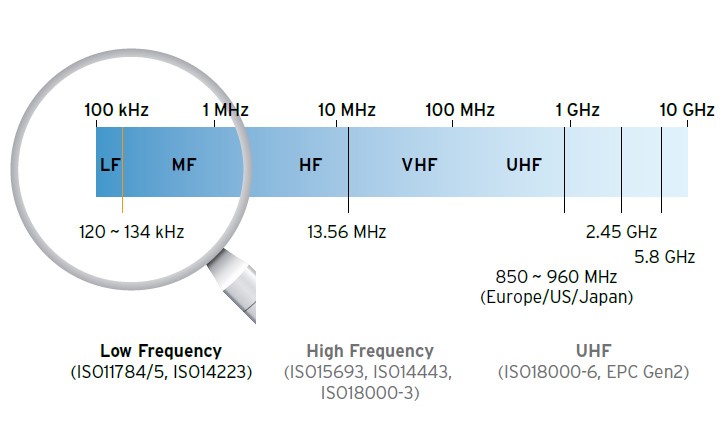Has use of the Internet become so deeply rooted in our everyday lives that the act of denying an individual access to it could actually be considered a breach of basic human rights?
Basic human rights are defined as rights which are inherent to a human being.
People often joke that others spend too much time being consumed by the Internet – it has become a means of connecting with others, a way to transfer data, and is also used as a pastime. But, does that mean this intricate technology has actually become a basic human right?
Technically, yes – the United Nations thinks so…
The United Nations Human Rights Council passed a non-binding resolution in June 2016 which condemns countries that intentionally disrupt or remove their citizen’s internet access. Countries opposed to this non-binding resolution include South Africa, China, India, Russia, and Saudi Arabia.
More than 70 states were in agreement and support of the resolution, according to a statement released by Article 19 – a British organization working to promote freedom of information and expression.
So, what is the Internet?
The beginning of this in-depth technology can be traced back to the 1960s.Formally, the Internet is a global system of interconnected computer networks which utilize the Internet protocol suite – or TCP/IP. The TCP/IP allows billions of devices to be connected around the globe.
Using this network, this intricate technology – the Internet – delivers a variety of services including the World Wide Web, file sharing networks, telephony, electronic mail, and more.
However, despite the billions of people around the world who have access to sharing images, posts, stories, and mail…
There are still several people who don’t.
It is estimated that around 60 percent or the entire world’s population does not have access to the Internet. That percentage equates to around 7.2 billion people in the world who do not have Internet access.
While in the United States, the argument is often about net neutrality and privacy issues online…
In other countries, the issue is if the citizens will even have access – or uncensored access – to the Internet.
In the least developed countries, only one in every 10 people has regular access to the Internet.
There are even still several people in developing worlds who do not have access. Furthermore, there are countries, like China, who continue to attempt to control or at least restrict the content their citizens have access to.
Simple things such as using contactless smart cards to store and transfer data using a computer cannot be done without Internet access.
But, what makes it a basic human right?
In the resolution from the United Nations, it addressed the importance of “applying a comprehensive human rights-based approach when providing and expanding access to the internet and for the internet to be open, accessible and nurtured.”
While the Internet fosters things such as social media and other media outlets such as YouTube – it also fosters much more that is beneficial in furthering the development of a society.
The Internet facilitates an array of opportunities for learning – affordably and globally. Also included on the Internet are things such as job-hunting resources and access to news organizations which provide vital information on current events.
In today’s world, it has become basically impossible to live without some form of basic Internet access…
Therefore, when you deny a person of the Internet, you deny them of their basic human right to live the same quality of life as those who have access to the Internet. They are then at a disadvantage for learning, job-hunting, news resources, communication, and more.
Other countries have continuously expressed their support for open access, including former U.S. President Barack Obama, who said in 2015, “today, high-speed broadband is not a luxury, it’s a necessity.”
The next steps…
While the United Nations can’t actively enforce resolutions, they can provide guidelines for participating nations intended to put pressure on those who disagree. The resolutions are just generic statements intended to provide governments instructions on how they should shape laws regarding the Internet.
The next big step would be for those countries in disagreement to start actively addressing the problem and returning – or giving – this now, basic human right, back to their citizens.

Be the first to comment on "Has the Internet Become a Regular Human Right?"